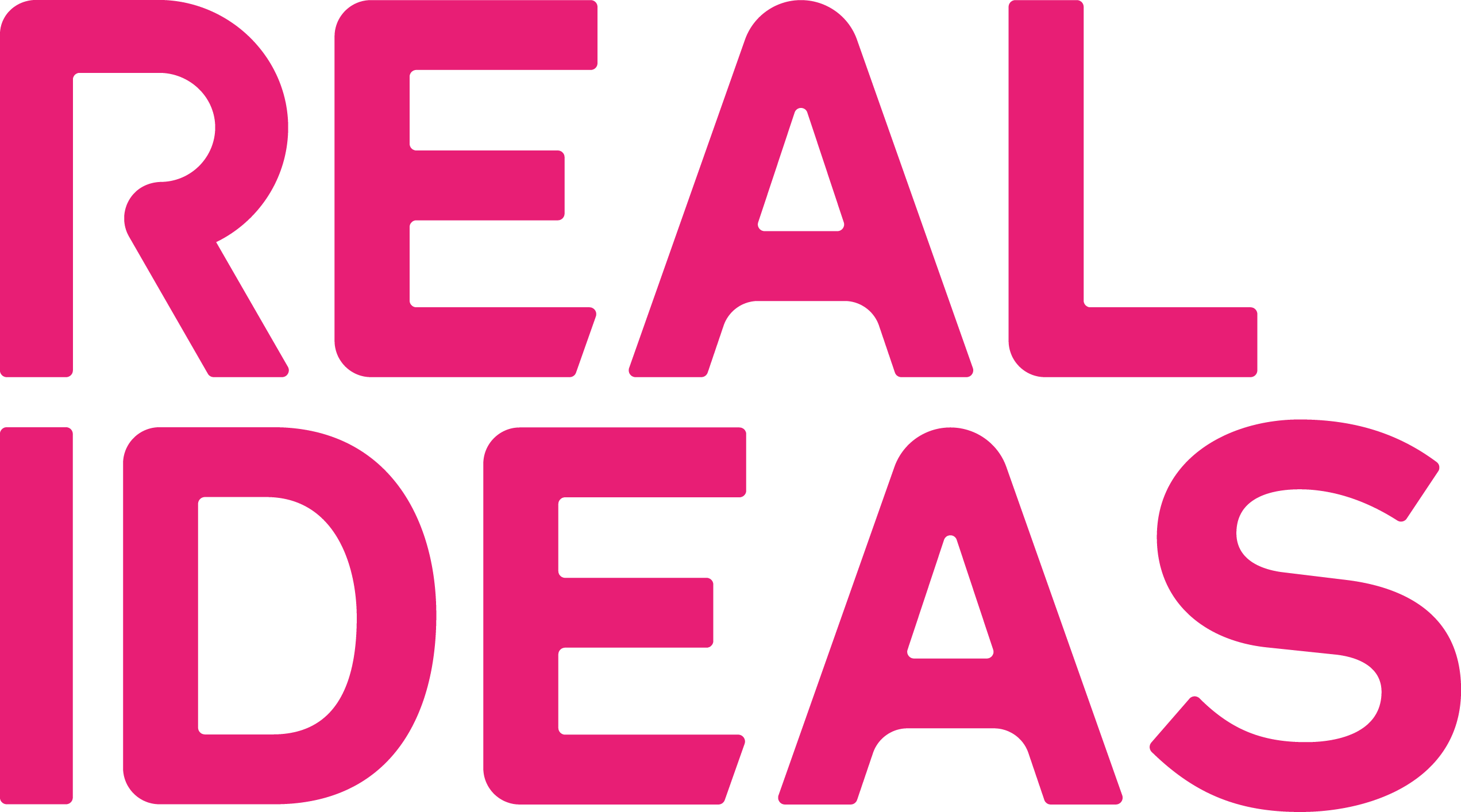Educating Differently Programme Lead and former headteacher Gary Futcher outlines our plans to support curriculum, recovery and wellbeingin schools though new communities of practice
Following the big picture thinking of our previous Imagining the Future Normal for Education webinar, Real Ideas has now launchedits Recovery Curriculum thinking with a webinar that introduced and explored our approach through 4Cs:
- Creativity
- Culture
- Connection
- Community
Real Ideas has a strong history of supporting arts, culture, creativity and digital opportunity as part of a rich school provision, both as Arts Council England’s Bridge Organisation for the south west and as a cultural organisation and social enterprise in its own right.
In shaping our recovery response we’ve drawn on a range of research and thinking (see below) as well as our own expertise. Our aim is to outline the practical activity on offer and create communities of practice around the 4Cs to support school leaders, subject coordinators and classroom teachers in the months to come. That way we can work together to share learning and build a body of evidence around the impact of the 4Cs on both recovery and curriculum.
It’s important to stress that we know recovery has to be a personalised approach, different for different schools and their communities. However, what we will explore through the 4Cs, we feel, will have resonance for many settings, particularly in maintaining broad, balanced and rich curriculums and in supporting the wellbeing of both young people and staff.
And a crucial caveat: Real Ideas doesn’t take a golden bullet, do–as–we–say approach; what we do is share our expertise and thinking to stimulate activity, research and feedback and thereby develop ongoing communities of practice.
Each of our 4Cs has its own definition and they’re outlined here alongside some of the research currently shaping our thinking:
Creativity – ‘shaping opportunities for young people to apply knowledge, skills and intuition to imagine, conceive, express and make’
Here our thinking has been guided particularly by Arts Council England’s new 10-year Let’s Create strategy and the Durham Commission on Creativity and Education but also by much ‘future skills’ thinking which suggests creativity as a key feature in future-proofing young people against the automation that many see impacting on the world of work.
Culture – ‘building the rich cultural capital around us into the curriculum and, crucially, taking a school’s individual context as the starting point’
Our experience as Arts Council England’s Bridge Organisation has been central here as has the opportunity afforded by the inclusion of ‘cultural capital’ in the latest Ofsted School Inspection Handbook. Whilst the latter may echo nineteenth century poet Matthew Arnold in its ‘best that has been thought and said’ definition, what we are keen to explore is a balance which places local and current contexts firmly at the heart of things.
Connection – ‘exploring immersive, responsive, tech-savvy digital ideas, kit and access to the world of work’
Love it or loathe it, the world of digital is here to stay and, during lockdown, we have seen both its blessings and its shortcomings. For us, the key to digital is the connections it fosters, whether that be to the world of work through virtual work experience, the immersive classroom experiences it can shape, or the accreditation of informal education it can recognise through digital badges.
Community – ‘linking to real, socially enterprising, place-based opportunities, funding and expertise, with schools placed firmly at the heart of their communities’
As a social enterprise in its own right, Real Ideas has a long track record of supporting like-minded businesses and, also, in helping schools shape socially enterprising approaches that impact both on local communities and school curriculums. Our work on the Connected School programme and with Victoria Park Academy in Birmingham on Ballot Street Spice give a rich sense of what’s possible in this area.
We are, of course, at the start of our journey, but one that is designed very much to be a joint enterprise. That means we’re looking forward to working – in our communities of practice – with a wide variety of participants who are excited about takingthe lessons from lockdown and shaping fresh and more rounded curriculum experiences for young people, ensuring positive and lasting impacts on recovery and wellbeing.
We will be announcing more details shortly about our autumn plans and the best way to ensure you hear about them first is to become a Real Ideas member here: https://staging.realideas.org/membership/
Webinars
Click the links to previous webinars below:
- The 4Cs of Recovery: Supporting school curriculum thinking Webinar
- 4Cs Communities of Practice: Creativity Webinar
- 4Cs Communities of Practice: Culture Webinar
General links to research and thinking
Evidence for Learning: https://www.evidenceforlearning.net/recoverycurriculum/ https://www.evidenceforlearning.net/learningshared/recoverycurriculum10-clf/
Cabot Learning Federation: https://clf.uk/towards-recovery-a-think-piece/
Headstart Kernow: https://www.headstartkernow.org.uk/recovery?mc_cid=a46f43dcc1&mc_eid=2224431da6
Big Education: https://bigeducation.org/learning-from-lockdown-blogs/
Whole Education: https://www.wholeeducation.org/about-us/
